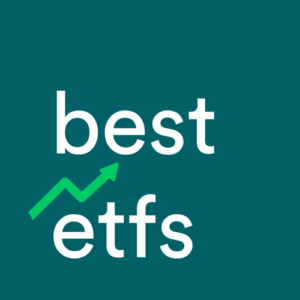Investing your money to get exposure to the Australian shares sector has never been easier thanks to ASX ETFs like the SPDR S&P/ASX 200 Listed Property Fund ETF (ASX: SLF). Before you make an investment, we think it’s important to do your own ETF review. So, here are three tips to get the ball rolling.
1. Find out what the SLF ETF invests in
The SLF ETF by SPDR invests in shares/securities of listed real estate investment trusts (REITs). Investors can use these property-focused ETFs to get exposure to a broad basket of trusts and companies exposed to property, including office spaces, commercial rental spaces and construction projects.
2. Has the ETF reached scale?
The SPDR SLF ETF had $599.06 million of money invested when we last pulled the monthly numbers. Given SLF’s total funds under management (FUM) figure is over $100 million, the ETF has met our minimum criteria for the total amount of money invested, otherwise known as FUM. We draw the line at $100 million for ETFs in the Australian shares sector because we believe that relative to smaller ETFs, achieving this amount of FUM de-risks the ETF.
3. Watch the fees (and other costs)
SPDR charges investors a yearly management fee of 0.40% for the SLF ETF. This means that if you invested $2,000 in SLF for a full year, you could expect to pay management fees of around $8.00.
For context, the average management fee (MER) of all ETFs covered by Best ETFs Australia on our complete list of ASX ETFs is 0.5% or around $10.00 per $2,000 invested. Keep in mind, small changes in fees can make a big difference after 10 or 20 years.
Where to from here in 2020?
So there you have it, three tips to weigh up the SLF ETF. Before you go any further, take a look at our SPDR SLF report – it’s free. Then, to make sure you’ve covered all bases, don’t forget to search our complete list of ASX ETFs to compare your options. You can filter the search results according to sector, issuer, size and more.
[ls_content_block id=”4954″ para=”paragraphs”]




